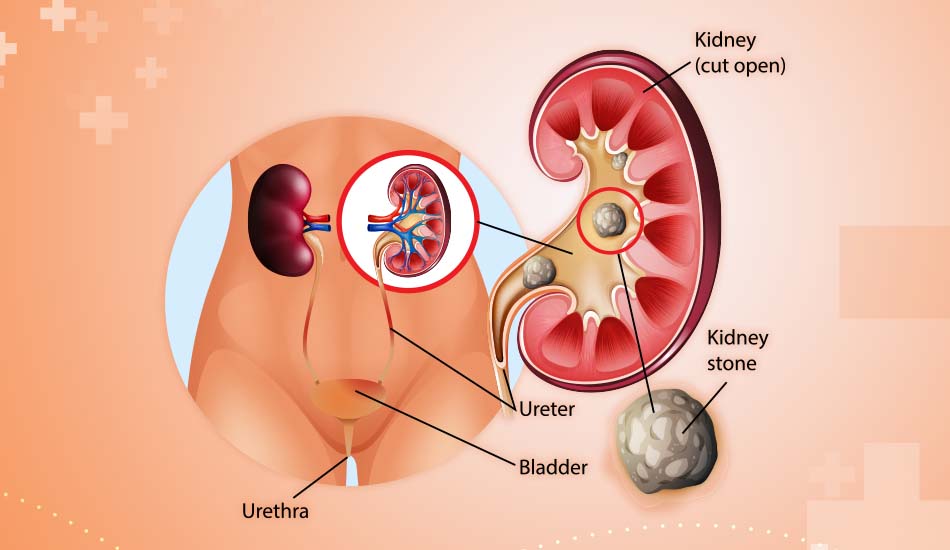
Kidney Stones Surgery: The Ultimate Guide to Recovery and Prevention
Wednesday, 22nd May 2024Kidney stones can cause excruciating pain and discomfort. When non-surgical treatments fail, surgery often becomes the necessary route to relief. This guide will walk you through everything you need to know about kidney stone surgery, recovery, and prevention.
Introduction to Kidney Stones
Kidney stones are hard deposits of minerals and salts that form inside your kidneys. They can be extremely painful and, in severe cases, may require surgery for removal. Being well-prepared and informed can make a significant difference in your recovery and prevention journey.
What Are Kidney Stones?
Kidney stones are solid masses made up of tiny crystals. They form when your urine contains more crystal-forming substances like calcium, oxalate, and uric acid than the fluid in your urine can dilute.
Symptoms of Kidney Stones
Common symptoms of kidney stones include:
- Intense pain in the back, side, lower abdomen, or groin.
- Pain during urination.
- Pink, red, or brown urine.
- Nausea and vomiting. Frequent need to urinate.
When is Surgery Needed?
Surgery is required when:
- The stone is too large to pass naturally.
- There is persistent pain or infection.
- The stone blocks the urinary tract.
Types of Kidney Stone Surgeries
1. Ureteroscopy
A thin scope is inserted through the urethra and bladder to reach the stone, which is then removed or broken up.
2. Shock Wave Lithotripsy (SWL)
Sound waves are used to break the stone into smaller pieces that can be passed in the urine.
3. Percutaneous Nephrolithotomy (PCNL)
A small incision is made in the back to remove large or complex stones directly from the kidney.
4. Open Surgery
Though rare, it is used for very large stones or complicated cases where other methods are not effective.
Preparing for Kidney Stone Surgery
Preparation steps include:
- Stopping certain medications.
- Fasting for a period before surgery.
- Arranging for transportation post-surgery.
What Happens During the Surgery?
During kidney stone surgery:
- Anesthesia is administered to ensure you are comfortable and pain-free.
- The surgical procedure is performed using specialized instruments.
- Your vital signs are closely monitored.
Recovery Process
After surgery:
- You may stay in the hospital for a few hours to a few days.
- Pain management will be provided through medications.
- Follow-up appointments are crucial to monitor recovery.
Potential Risks and Complications
Risks include:
- Infection
- Bleeding
- Damage to surrounding organs
- Recurrence of kidney stones
Post-Surgery Care
Post-surgery care involves:
- Taking prescribed medications.
- Drinking plenty of fluids.
- Following your doctor's instructions carefully.
Diet and Lifestyle After Surgery
To prevent future stones:
- Drink plenty of water.
- Limit intake of salt and animal proteins.
- Eat a balanced diet rich in fruits and vegetables.
Alternative Treatments
For smaller stones, alternatives include:
- Medications to dissolve the stones.
- Natural remedies like lemon water.
- Diet and hydration adjustments to pass stones naturally.
Preventing Future Kidney Stones
Preventive measures include:
- Staying hydrated.
- Reducing intake of oxalate-rich foods.
- Monitoring calcium intake with medical advice.
Cost and Insurance
The cost of kidney stone surgery varies. It's important to check with your insurance provider regarding coverage and out-of-pocket expenses.
Conclusion
Kidney stone surgery can be a daunting experience, but understanding the process, recovery, and prevention can help ease your mind. Always consult with your healthcare provider to ensure you receive the best care tailored to your needs.


